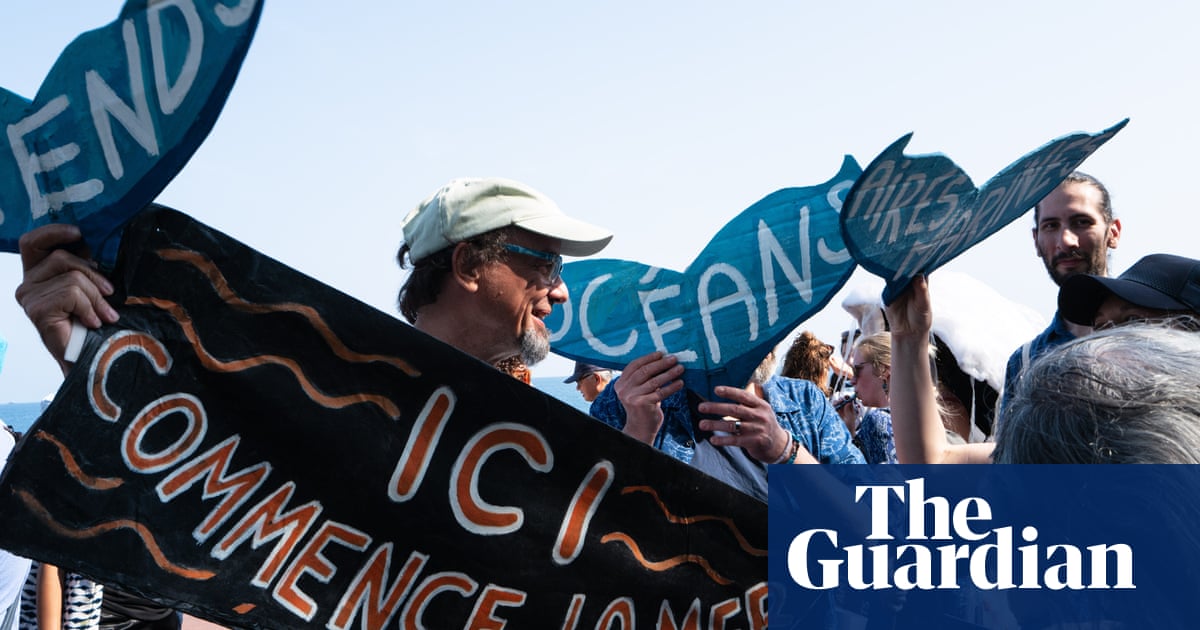Britain will take action to ratify the high seas treaty by the end of this year, a landmark agreement that will protect marine life in some of the oceans’ most remote waters, ministers have announced.
The move follows a surge in support and ratifications for the treaty at the UN oceans conference in Nice,France. Emmanuel Macron, the French president and co-host of the conference, told delegates on Monday that enough countries had either ratified or formally committed to ratifying the agreement and therefore it could come into force as early as January 2026.
Getting at least 60 countries to ratify the treaty, the number necessary for it to be implemented, was a key priority for Macron and the ocean summit.
Britain said it would introduce a bill to enable ratification of the treaty by the end of 2025.
It will provide the first legal mechanism for the creation of protected areas in the high seas, international waters that cover almost two-thirds of the ocean. This region, hundreds of miles from land, is virtually lawless. When established, the marine protected areas will help conserve the marine life of the high seas, including sharks, whales and sea turtles, which are currently vulnerable to unsustainable and illegal fishing and other extractive activities.
Despite their remoteness, the high seas are under growing pressure from overfishing, climate change and the threat of deep sea mining. In April, Donald Trump moved tofast-track deep-sea mining under US law,sidestepping international efforts to regulate the industry.
Emma Hardy, the British government’s marine minister, said the treaty would be a major victory for marine protection and crucial for restoring the ocean to good health. Hardy said: “Our oceans are dying. Without urgent action, they will be irreversibly destroyed. That is why the UK will introduce legislation by the end of the year to ratify the high seas treaty, a landmark in protecting marine life around the globe.”
The treaty is also vital to achieve the global “30 x 30” target, an international pledge to protect a third of land and sea by 2023, to protect biodiversity.
Formally known as the agreement on biodiversity beyond national boundaries, the treaty creates a legal process to establish marine protected areas in the high seas, and establish rules for extractive industries.
The UK also joined over 90 countries to reiterate its commitment to an ambitious global plastics treaty when negotiations resume in August this year. The countries issued a “wake up call” urging other countries to join them in committing to a legally binding obligation to end plastic pollution, addressing the full life cycle, production and consumption, of plastics in order to safeguard human health and protect the environment.
Britain’s move comes after its proposal to ban destructive bottom trawling in half of all protected areas in England’s seas.
